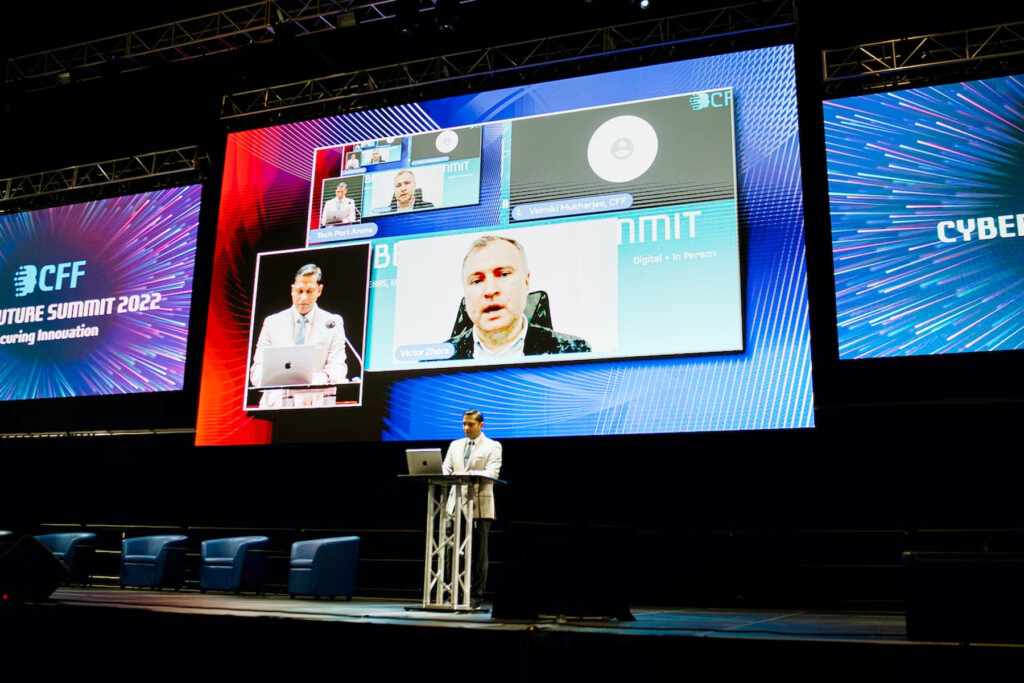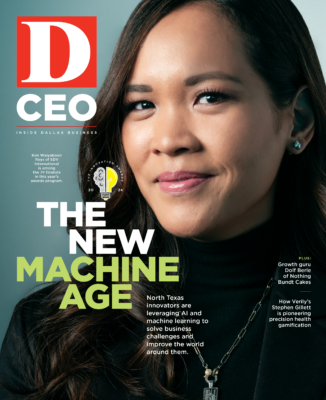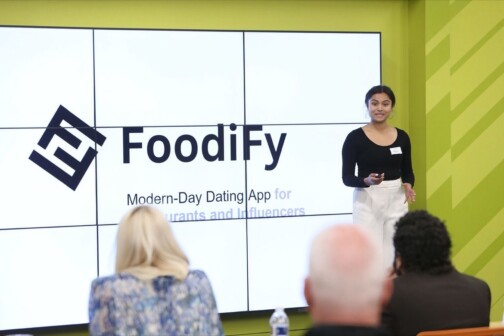
Nine years ago, Valmiki Mukherjee, the founder and CEO of cybersecurity training and support platform Cybrize, launched a nonprofit called Cyber Future Foundation. Initially, the group was focused on thought leadership, meetings, and C-Suite events—but it soon turned into something much bigger.
“Very quickly, we got pulled into the socioeconomic impact because people feel deeply about the rest of the world’s security,” Mukherjee says. Since the end of the 20-year war in Afghanistan, more than 1.6 million Afghans have fled the country. Some of Cyber Future Foundation’s members had served in Afghanistan and had connections to its residents, so a desire to send aid arose. In a matter of days, Mukherjee and his nonprofit provided secure communication channels and extensive rescue and resettlement support to those fleeing Afghanistan.
Subsequently, they supported the resettlement and career orientation for those who arrived in the U.S.
“We realized we could bring resources from the cyber industry together with our communities to reach the people who actually needed help in Afghanistan,” Mukherjee says.
This experience proved useful when the war between Ukraine and Russia began—this time, Mukherjee was prepared with humanitarian aid resources for Ukraine. CFF initially partnered with UkraineNow, and other cybersecurity organizations, to improve the cybersecurity posture of humanitarian missions in Ukraine and eventually it expanded to bolstering critical infrastructure and advising those in the Ukrainian private sector on all thing cybersecurity. “Now with Ukraine, we’re developing Project Indigo that provides support to humanitarian missions so they have someone to go to for cybersecurity needs,” he says. “We’re also working with folks on the ground who are preventing cyberattacks on healthcare and public utilities.”
With the current conflict between Israel and Hamas, Mukherjee says that Israel is already strong when it comes to cybersecurity. “We’ve been doing more of a humanitarian check on a lot of the folks that are on both sides,” he says. “We are seeing a lot of grief and challenges, but I think Israel is strong. Of course, this doesn’t take away from the humanitarian crisis in Gaza, but both sides are suffering, and that suffering must end. Our contribution is to make sure there is no further damage to critical infrastructure.”
In an increasingly digital world, Mukherjee says, there will continue to be cyber threats. His goal with CFF is to ensure there are checks and balances in cyber and build trust in cyberspace. Commercially at Cybrize, he’s aiming to ensure consistency in cyber practices and processes.
“We see this as having a great socioeconomic impact, not only in terms of securing and defending critical infrastructure and humanitarian missions but also because there are 1.5 million cyber jobs available,” he says. “Those global jobs will escalate to much more as we see the expanse of AI. So, we see the work we’ve done as planting a seed—and those seeds will grow into a forest and provide the shade and nourishment to shield society from cyber threats.”
Author








